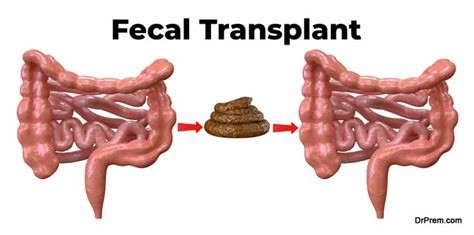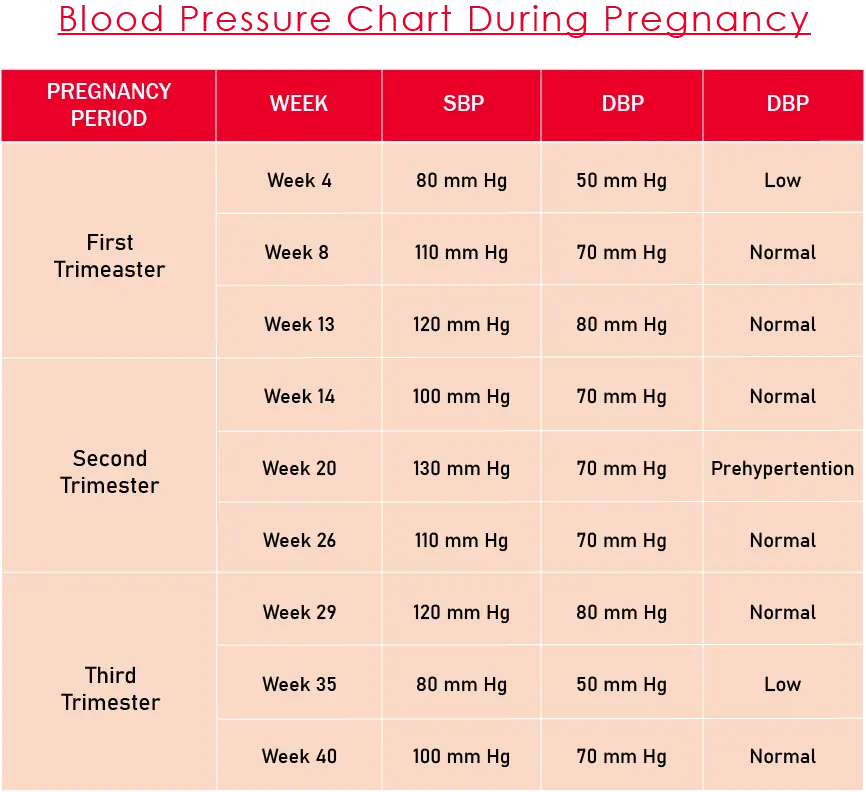Fecal Transplant Guide: Heal Your Gut

The human gut is a complex and fascinating ecosystem, home to trillions of microorganisms that play a crucial role in our overall health and wellbeing. However, when this delicate balance is disrupted, it can lead to a range of chronic and debilitating conditions, from inflammatory bowel disease (IBD) to mental health disorders. One revolutionary treatment that has been gaining attention in recent years is fecal microbiota transplantation (FMT), also known as fecal transplantation or stool transplantation. In this comprehensive guide, we will delve into the world of FMT, exploring its history, benefits, risks, and everything you need to know to heal your gut.
History of Fecal Transplantation
The concept of using fecal matter to treat diseases dates back thousands of years, with ancient Chinese and Egyptian medical texts describing the use of feces to cure a range of ailments. However, it wasn’t until the 1950s that the first modern fecal transplantation procedure was performed, using a fecal suspension to treat a patient with pseudomembranous colitis. Since then, FMT has undergone significant development, with the first randomized controlled trial published in 2013, demonstrating the efficacy of FMT in treating recurrent Clostridioides difficile (C. diff) infections.
How Fecal Transplantation Works
Fecal transplantation involves the transfer of fecal matter from a healthy donor into the gut of a recipient, with the goal of restoring a balanced and diverse gut microbiome. The process typically involves the following steps:
- Donor selection: A healthy donor is selected, typically based on strict criteria, including a comprehensive medical history, stool testing, and screening for infectious diseases.
- Stool preparation: The donor’s stool is collected, processed, and prepared for transplantation, which may involve filtering, centrifugation, or freeze-drying.
- Transplantation procedure: The prepared stool is then transplanted into the recipient’s gut, either via colonoscopy, endoscopy, or oral capsules.
Benefits of Fecal Transplantation
The benefits of FMT are numerous and well-documented, with research demonstrating its efficacy in treating a range of conditions, including:
- Recurrent C. diff infections: FMT has been shown to be highly effective in treating recurrent C. diff infections, with success rates ranging from 80-90%.
- Inflammatory bowel disease (IBD): FMT has been used to treat IBD, with some studies suggesting significant improvements in symptoms and quality of life.
- Mental health disorders: FMT has been explored as a potential treatment for mental health disorders, including depression, anxiety, and bipolar disorder, with some promising results.
- Obesity and metabolic disorders: FMT has been shown to improve glucose metabolism and reduce body weight in individuals with obesity and metabolic disorders.
Risks and Side Effects
While FMT is generally considered safe, there are potential risks and side effects to be aware of, including:
- Infection transmission: There is a risk of transmitting infectious diseases, such as HIV, hepatitis, or C. diff, from the donor to the recipient.
- Gastrointestinal symptoms: Recipients may experience gastrointestinal symptoms, such as diarrhea, abdominal pain, or bloating, after transplantation.
- Immune system reactions: In rare cases, FMT can trigger an immune system reaction, leading to inflammation or allergic responses.
Finding a Qualified Fecal Transplantation Provider
If you are considering FMT, it is essential to find a qualified provider with experience in performing the procedure. Here are some tips to help you find a reputable provider:
- Check credentials: Look for a provider with a medical degree and specialized training in gastroenterology or a related field.
- Experience: Choose a provider with extensive experience in performing FMT procedures.
- Facility accreditation: Ensure that the facility where the procedure will be performed is accredited by a recognized organization, such as the Joint Commission.
Preparing for Fecal Transplantation
Before undergoing FMT, there are several steps you can take to prepare, including:
- Dietary changes: Adopt a balanced diet rich in fruits, vegetables, and whole grains to support your gut health.
- Probiotics: Consider taking probiotics to support your gut microbiome.
- Stress management: Engage in stress-reducing activities, such as meditation or yoga, to minimize stress and promote relaxation.
Conclusion
Fecal transplantation is a revolutionary treatment that has the potential to transform the lives of individuals suffering from a range of chronic and debilitating conditions. While there are risks and side effects to be aware of, the benefits of FMT are numerous and well-documented. By finding a qualified provider, preparing your body and mind, and being aware of the potential risks and benefits, you can harness the power of FMT to heal your gut and improve your overall health and wellbeing.
What is the success rate of fecal transplantation for treating recurrent C. diff infections?
+According to research, the success rate of FMT for treating recurrent C. diff infections ranges from 80-90%.
Can fecal transplantation be used to treat mental health disorders?
+While the research is still in its early stages, some studies suggest that FMT may be a potential treatment for mental health disorders, including depression, anxiety, and bipolar disorder.
How do I find a qualified fecal transplantation provider?
+To find a qualified provider, look for a medical professional with specialized training in gastroenterology or a related field, and extensive experience in performing FMT procedures. Additionally, ensure that the facility where the procedure will be performed is accredited by a recognized organization.
In conclusion, fecal transplantation is a promising treatment that has the potential to revolutionize the way we approach chronic and debilitating conditions. By understanding the benefits, risks, and preparation required for FMT, you can take the first step towards healing your gut and improving your overall health and wellbeing.


